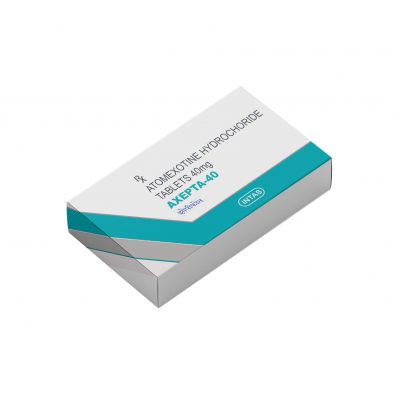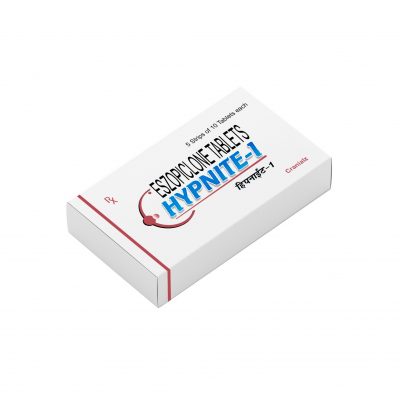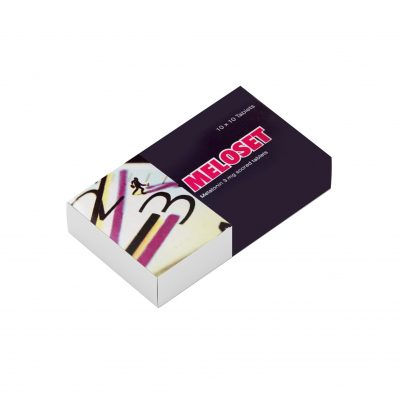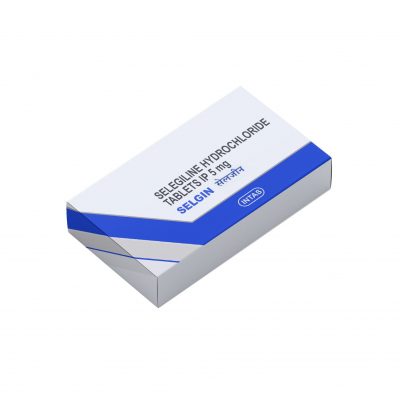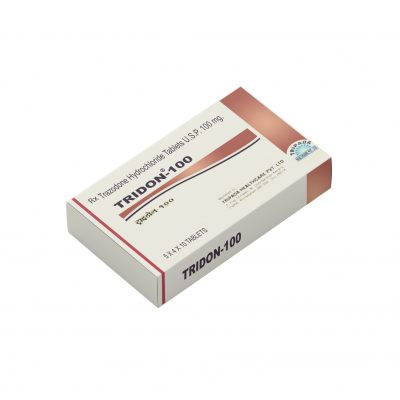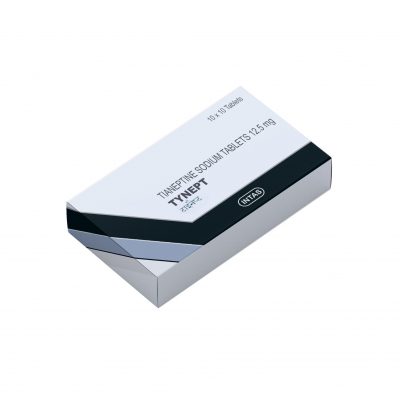Depression and anxiety are two of the most commonly reported mental health problems across the world and they are increasing following the Covid-19 pandemic. In Italy for example, psychologists report[1] that anxiety and depression has doubled as a result of the pandemic, with a similar story in France, while the USA says it is in the grip of a mental health crisis[2].
Both conditions can cause long term changes to mood, impacting behaviours, influencing thoughts and feelings, and even resulting in a poor quality of life for those who are unable to carry out essential day-to-day activities such as going to work, studying, socialising with friends or enjoying hobbies and pastimes.
Antidepressant medications have long been used to treat both anxiety disorders and depressive disorders, and may also play a role in pain and addiction management.
Some specific conditions that antidepressants may help to manage include:
- Clinical depression, Generalized anxiety disorder, Social anxiety disorder, Obsessive compulsive disorder, Panic disorder, Phobias, Eating disorders & Post traumatic stress disorder (PTSD)
Buying Anti Depression Meds Online
It’s possible to buy some types of anti depression tablets over the counter, while others may require a prescription for purchase depending on the law in the specific country of residence.
The most common type of antidepressant is the Selective Serotonin Reuptake Inhibitor, or SSRI. These work by preventing the body from clearing away unabsorbed serotonin – the ‘happy hormone’ – to increase concentrations in those with low serotonin levels.
However, SSRIs aren’t a ‘one size fits all’. There are many other types of antidepressant medication that may be recommended depending on cause and severity presenting in the individual him or herself.
Some types of antidepressants that may be available online include:
- Serotonin-Norepinephrine Reuptake Inhibitors (SNRIs)
SNRIs work in a similar way to SSRIs, except they manage concentrations of norepinephrine as well as serotonin. Norepinephrine is the body’s stress hormone, and helps the brain recognise the difference between stressful and non-stressful situations. Atomoxetine is one of the most widely known examples of an SNRI antidepressant.
- Serotonin Antagonist and Reuptake Inhibitors (SARIs)
SARIs work by actively preventing serotonin receptors from transporting serotonin proteins. When receptors are unable to be absorbed and cleared away from the central nervous system, larger concentrations of this ‘happy hormone’ are able to form within the body and better regulate feelings. Trazodone is an example of an SARI.
- Selective Serotonin Reuptake Enhancers (SSREs)
SSREs are somewhat of an unknown. Unlike SSRIs which inhibit serotonin absorption, SSREs do the opposite and actually enhance it. However, it’s believed that both ultimately produce the same effect and have the same impact on individual neurons, but do so using different mechanisms. An example is Tianeptine (sold as Typept).
- Monoamine Oxidase Inhibitors (MAOIs)
MAOIs work by stopping the body’s monoamine oxidase enzymes from clearing out serotonin, norepinephrine, and a neurotransmitter called dopamine that helps send messages between the brain and the body. This allows for greater availability of these essential mood-stabilising hormones. A commonly prescribed MAOI is Selegiline.
- Sedative-Hypnotics
Sedative-hypnotics are a class of drug that has a sedative or hypnotic effect on the body. It’s capable of slowing down brain activity to relax the entire central nervous system, calming the mind and easing the muscles. In high doses, these medicines can have a sleepy or drowsy effect. An example is Esczopiclone, sold as Hypnite.
- Synthetics
Synthetic antidepressants are artificial, manmade alternatives to the body’s own naturally occurring substances. One that is often used for anxious disorders is melatonin. Melatonin is more often associated with sleep disorders. However, as sleep and mood are closely linked, it’s understood that melatonin supplements could help in this area.
[1] https://www.nytimes.com/2021/12/13/world/europe/covid-anxiety-depression-omicron.html
[2] https://www.nytimes.com/2021/12/07/health/teens-mental-health-murthy.html

